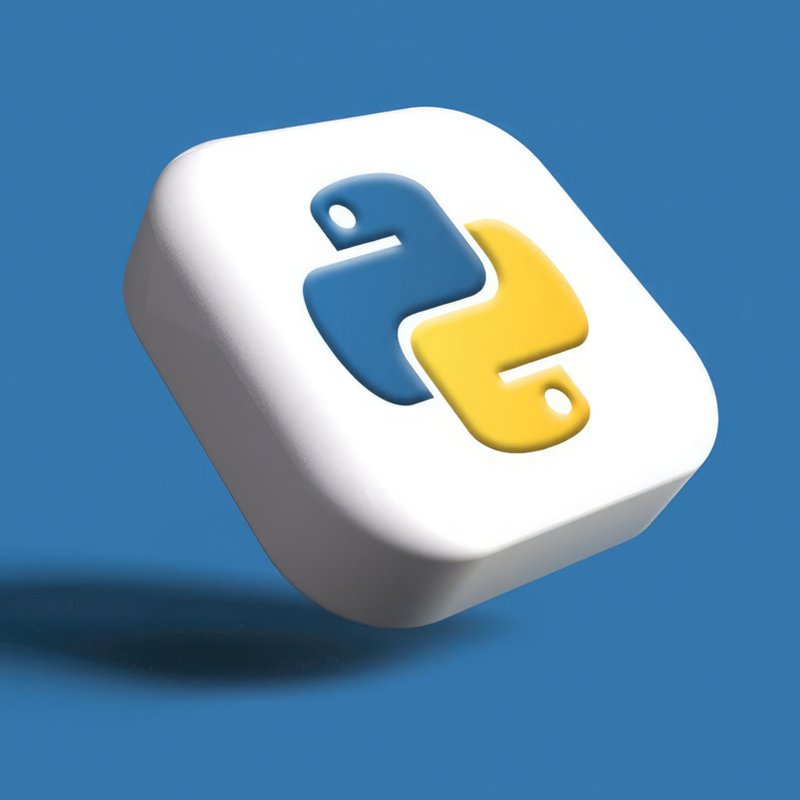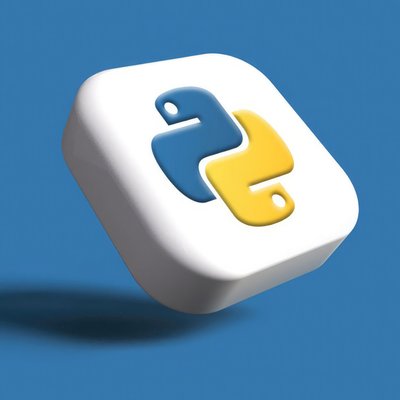When our agency began in 2007, using Python on the web was still a rarity, but some new projects in the space were starting to pop up. TurboGears had gained popularity with its MVC approach, but it was another Python web framework, Django, that piqued my interest. I had worked previously with WordPress and Ruby on Rails, but neither felt like a long-term match. Trying to customize WordPress to build custom applications was like putting a square peg in a round hole, and Rails, the hot framework at the time, felt too magical and lacked sufficient documentation for me to really wrap my head around it.
Django (and Python) clicked with me immediately. They were well documented, and because of Django’s newsroom roots, I could build content platforms as well as rich web applications. Thanks largely to those technologies, Lincoln Loop has grown from a one-person local operation to a full-service global web agency with over 15 years of success.
Why Python Is the Best Choice for Lincoln Loop
We came to Python through Django but stuck with the programming language largely because of its philosophy.
The language principles espoused by the Zen of Python not only describe how we should write code, but some became tenets of how we run our business. Ideas like “Practicality beats purity” and “Explicit is better than implicit” work far beyond the terminal. Following Python’s ideals of practicality and explicitness not only makes our code better but also the end products we deliver to our clients.
Another reason Python has worked out so well for our client projects is the rich ecosystem of open-source libraries available on PyPI. They let us focus on our client’s unique business logic, and for everything else, we can leverage open-source libraries. The breadth of tooling available is staggering. We pull API clients, content management systems, image manipulation libraries, and even machine learning or data science toolkits from PyPI. We’re excited to start seeing packages built in Rust show up on PyPI. Its recent adoption for performance-critical code paths means we get high-performance memory-safe code that can be accessed with a friendly Python API. It feels like we’re getting to have our cake and eat it too!
It’s no wonder Python ranks as one of the most popular languages in developer surveys year after year. It’s a proven technology, and the “batteries included” approach gives us the building blocks we need to solve our clients’ problems quickly and efficiently.
Django Has Powered Development for Lincoln Loop Since 2007
Our agency was among the early adopters of Django. But since those early days, we’ve seen massive growth in the ecosystem. Once considered bleeding-edge technology, Django is now a stable, mature framework. Plus, it’s flexible enough to accommodate the needs of the wide variety of organizations we work with as partners.
Python and Django have allowed us to create content management systems for large-scale publishers with tens of millions of daily page views as well as immersive educational experiences for prestigious universities. We’ve seen our client base transition from bootstrapped startups to enterprise organizations with billions of dollars in revenue. Python has been our foundation every step of the way.
Unlike most of the tech world that jumps from framework to framework, embracing whatever is the hot new technology, Lincoln Loop has stayed focused on Python and Django. Consequently, we have an incredibly deep understanding of how to use them to solve our clients’ problems. The longevity of our tooling also means the solutions we build are sustainable. We have clients who have run the same technology stack (with upgrades along the way) for more than ten years.
Python’s Core Advantage Comes Down to Community
Open source software relies on its community for its success. Without a healthy community, the open-source ecosystem will eventually fizzle and fade. For us, the Python community may be its greatest advantage compared to other programming languages.
If you go to a Python conference, you’ll find specialists with very diverse backgrounds. In addition to the web, you’ll meet folks in research, data science, machine learning, and system operations. Most of the open source Python code from those different groups ends up in PyPI. Whatever your organization needs to do, it is likely that someone in the Python community has already written the code that will deliver the functionality you need. Since the language is so widely used, you have a lot of online resources available when you want to find help. Whether it is a blog post describing how to solve a specific problem, a deep-dive conference talk on a specific topic, or somebody offering their support via a chat room or forum, the information available is almost endless. At Lincoln Loop, we’ve regularly contributed to and benefited from the reach of that community.
In some open-source communities, you run into people with rock star egos who wouldn’t give you the time of day, but that sort of thing is rare around Python. In my experience, even those who have made massive contributions to the community are happy to sit and share their knowledge. Our community is known for its inclusivity, openness, and strong culture of collaboration.
All those traits perfectly align with how we like to work and who we are as an agency. By working with Python, we have been able to find and hire great people from within the community who are kind, smart, and lifelong learners. We wouldn’t be who we are without Python.
About Lincoln Loop
A remote-first, global agency, Lincoln Loop builds scalable content platforms for publishers, non-profits & educators. Our team of veteran developers loves solving big problems for organizations we admire. We strive to achieve our clients’ goals with honest, dependable, and pragmatic solutions. We extend the ethos of open-source software to our operation with core values driven by transparency, autonomy, and integrity.

